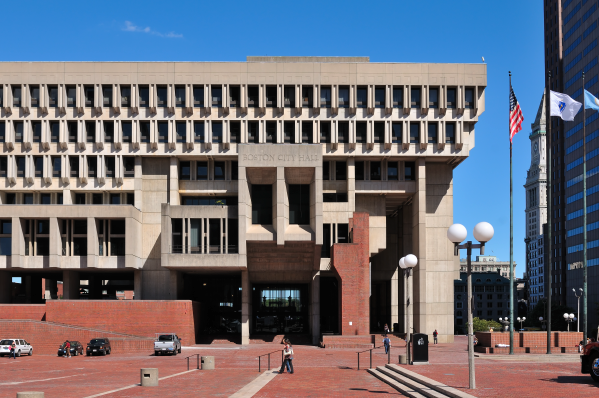Multiple times throughout our day we are all faced with decisions to make. Some decisions are easy and do not require much energy, while others are quite taxing and require considerable mental fortitude. Understanding the factors involved in these tougher decisions can help break through the barriers that often keep us from making a decision. One unhelpful tendency that can occur is the experience of over-thinking or over-analyzing a decision. This involves spending too much time considering the options (the pros and cons of potential choices) to the point where a decision is never made, aptly referred to as “Analysis Paralysis”. A desire for perfection and a fear of failure often fuel this tendency. It’s important to recognize that when we are faced with options, it is inevitable that each option will have both pros and cons associated with it. In other words, there is no perfect option, so stop looking for it. It’s important to recognize the pros and cons of each option, to accept that whatever you choose might not work out, try to see failure as a learning opportunity to embrace and not something to avoid at all costs, and try to see your decision as one step in the process and not the final step.
If the decision you face is insignificant (Where should I get lunch today?), then most likely you are not putting a lot of weight on the consequences of making the “wrong decision”. If you don’t like the lunch you chose today, you can learn from that and choose a different one tomorrow. However, if the decision seems significant, it is easy to put undue weight on the potential outcome of your decision. Here are some tips to help with decision making.
- Ask Others: If the decision is truly significant and has life altering consequences, ask others for advice and counsel. Getting the opinions of several other people can help put things in perspective.
- “Trade places” with a friend: Think about what you would recommend a friend to do if your role was one of advisor and not the one making the final decision. This can help separate your logical analysis from the emotional tension.
- Face Your Fear: Get more comfortable with the potential cons of a decision. If finding the perfect option is not possible (and just to be clear, it is not), then think about a potential negative consequence of a decision and get more comfortable with it. Try telling yourself that you can handle the feared outcome.
- Money Talks: Enlist the help of a coin. Flipping a coin can be helpful in a couple of ways. First it can provide you with a scapegoat for the decision (“Not my fault, the coin came up tails.”). And second, flipping a coin can sometimes have a clarifying effect. Many people report that something crystalizes mid-toss and either one option becomes the obvious choice or they notice a feeling hoping that one particular option wins the coin toss (“I hope it comes up heads.”).
And finally, remember that innovative people and organizations often adopt the philosophy of “Try fast, Fail fast, Evaluate fast, Try Again fast”. It is better to make a decision, act on it, and learn from it then to stay stagnant in the perceived safety of indecision.
Shawn Healy, PhD



